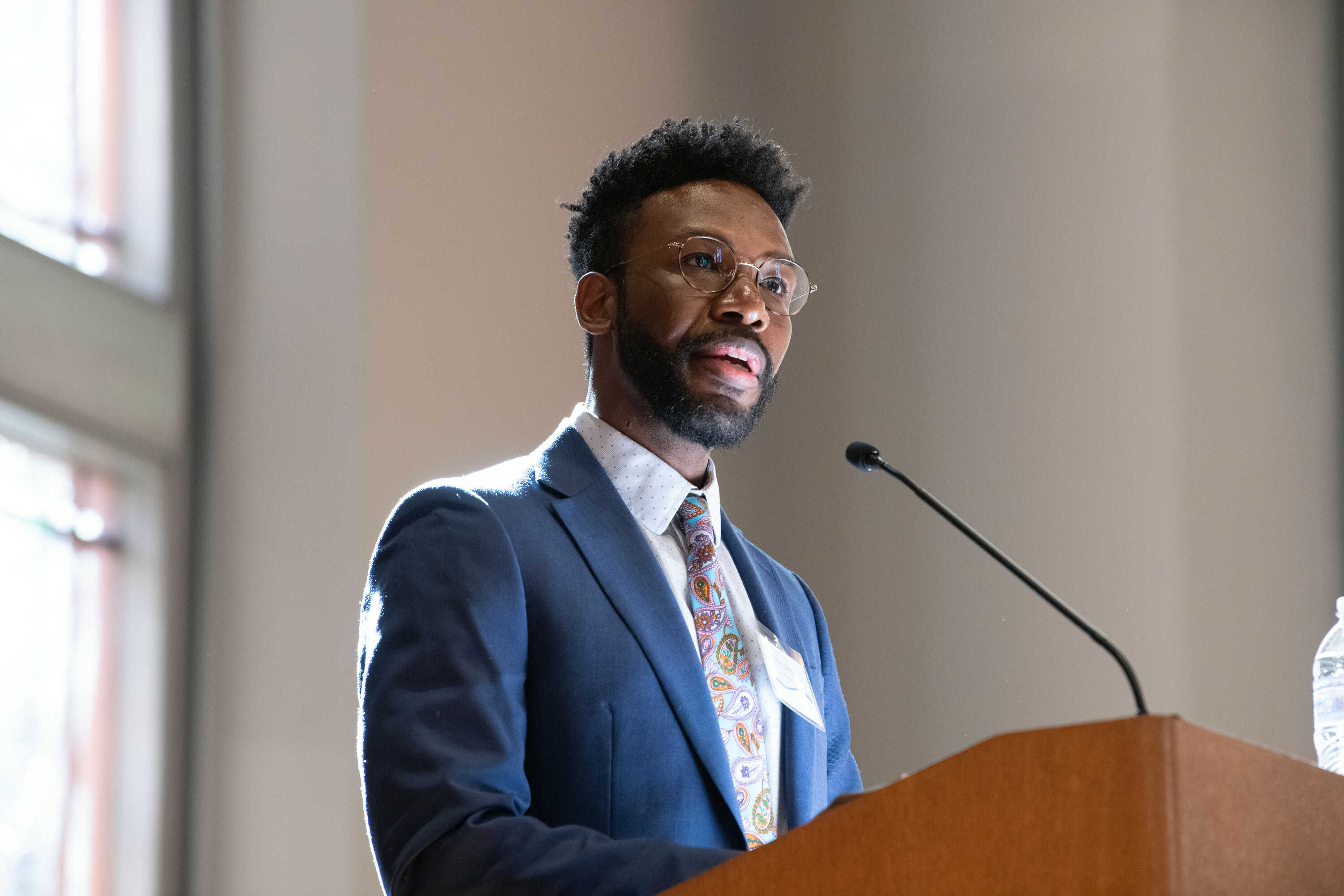Students and faculty at the University of Maryland Carey School of Law provide nearly 75,000 hours of free legal services each year to Maryland residents and organizations, making the school one of the region’s largest public interest firms. The school’s Clinical Law Program was the country’s first such program awarded the American Bar Association’s highest public service honor.
Seven Schools, One University
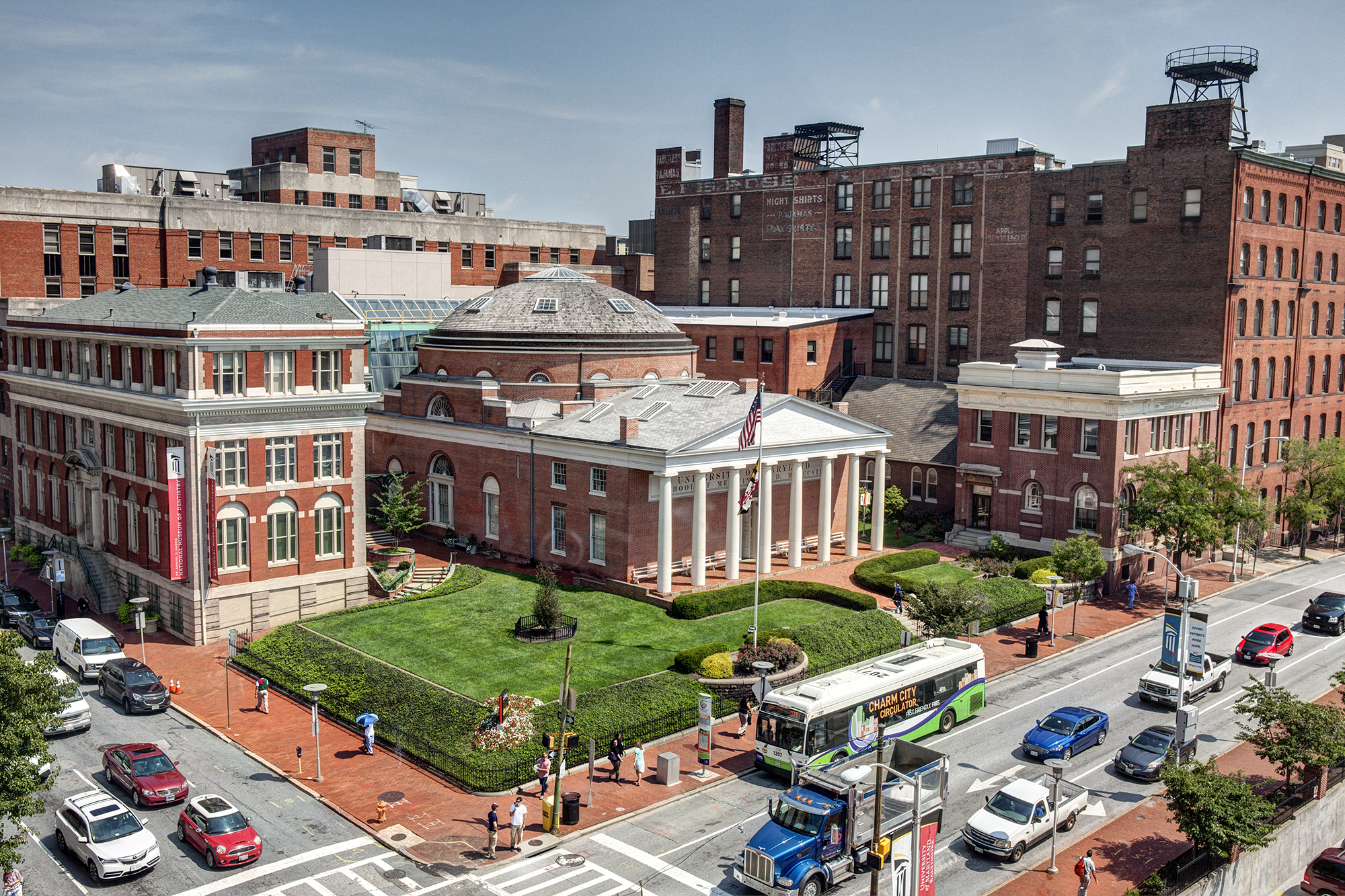
Among Maryland’s public universities, UMB accounts for nearly 25 percent of full-time graduate enrollment, and, each year, the University confers most of the professional practice doctoral degrees awarded in the state. UMB is a vitally important source of highly educated professionals. The University’s graduates satisfy nearly one-third of Maryland’s total workforce demand in key health, law, and human services occupations.
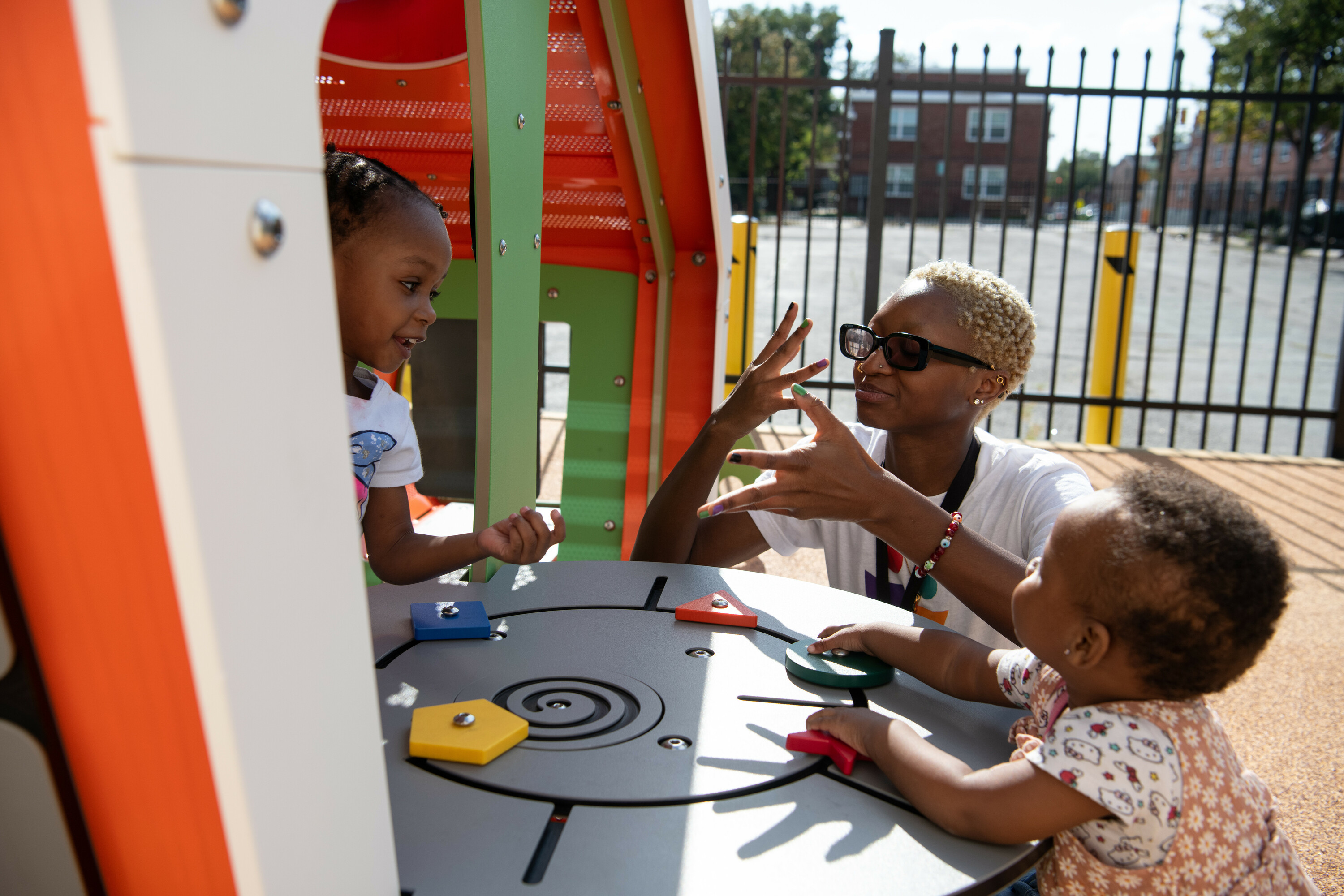
The Family Connections program, developed by the University of Maryland School of Social Work, is the nation’s only proven program to prevent child neglect. Now 20 years old and replicated across the country, Family Connections protects vulnerable youth by helping mothers and fathers who struggle with their parenting roles, strengthening their ability to care for their children.
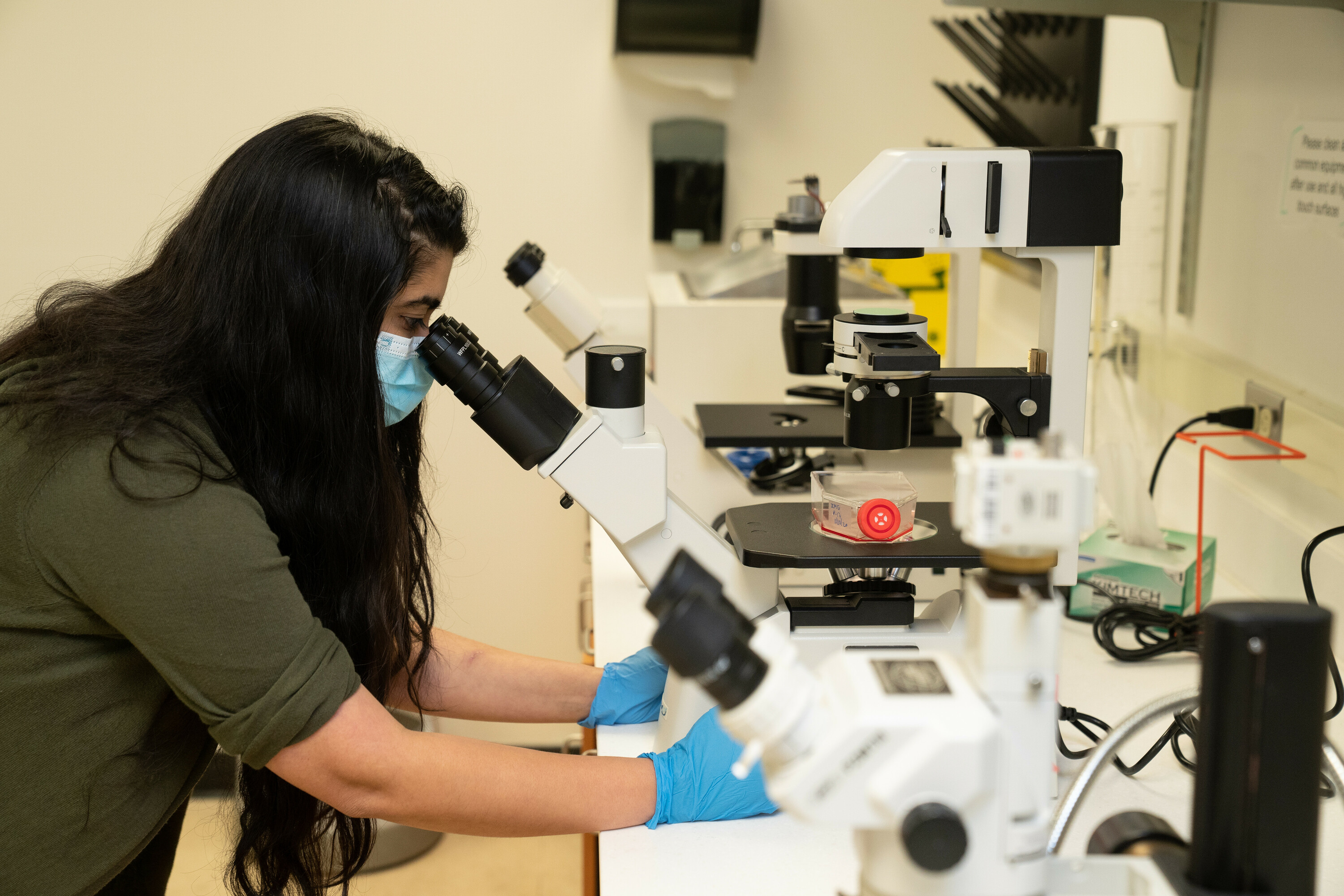
The Institute for Genome Sciences (IGS) at the University of Maryland School of Medicine harnesses the power and potential of large-scale genomic research, exploring its applications in precision medicine, therapeutics, infectious diseases, virology, and cancer research. IGS Director Claire Fraser, PhD, was the very first scientist to map the complete genetic code of a free-living organism, a discovery that forever changed microbiology and launched a new field of study: microbial genomics.
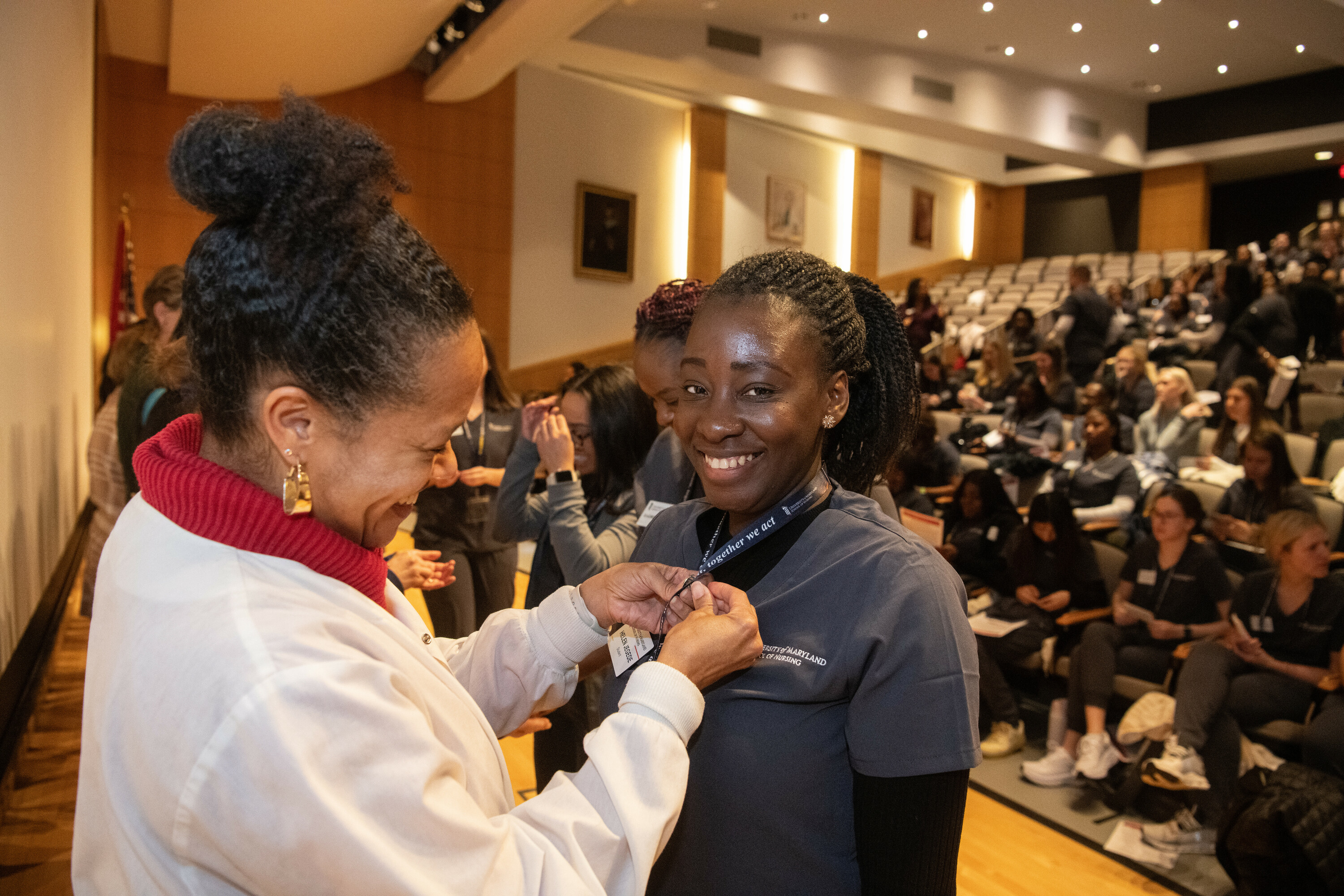
The University of Maryland School of Nursing provides primary care to thousands of the state’s most vulnerable residents. The school’s Wellmobile is a nurse-managed mobile health clinic treating medically underserved populations near Washington, D.C. The Wellmobile’s patients are largely non-English speaking and uninsured, and most suffer from chronic illnesses, requiring comprehensive, coordinated care.
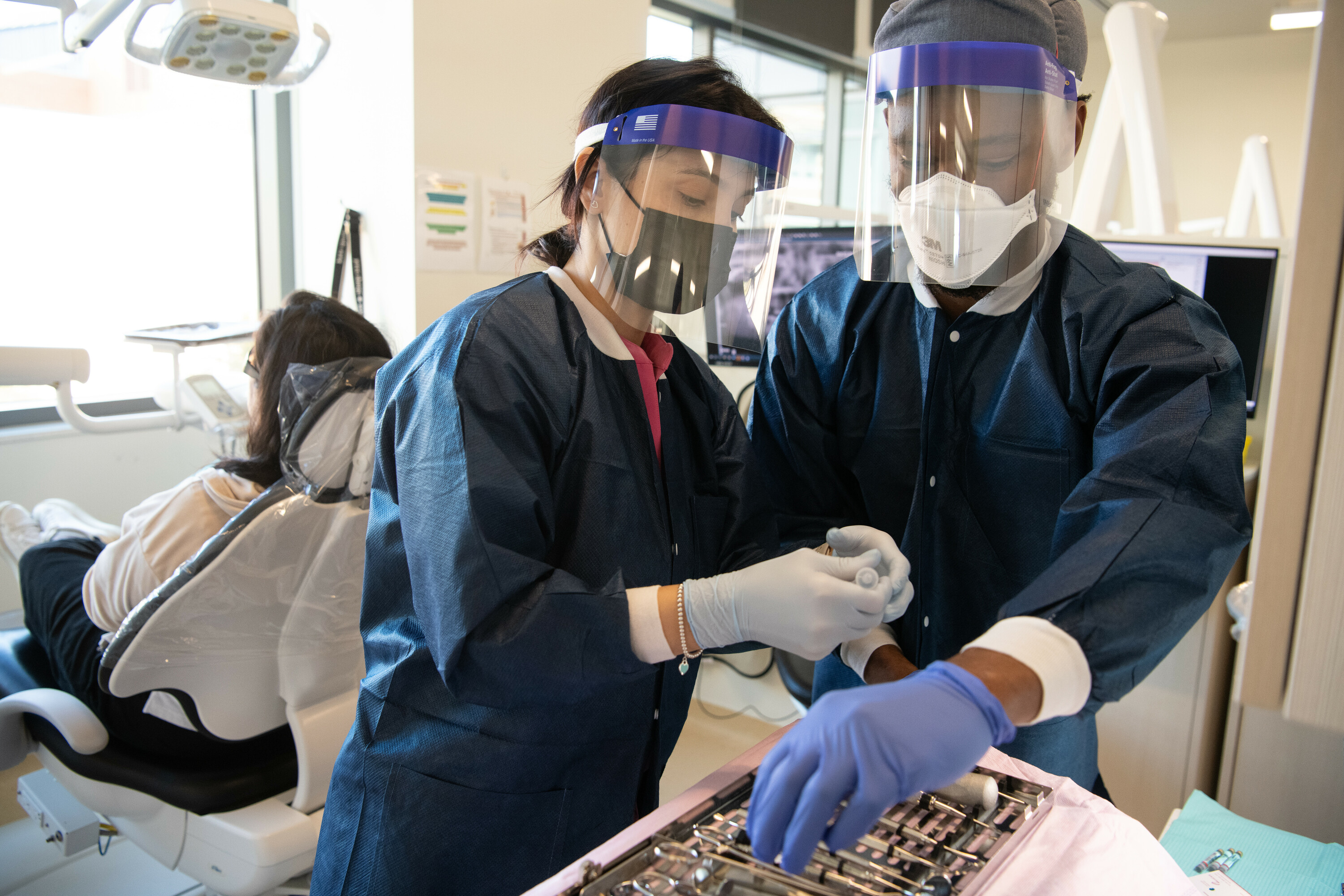
The University of Maryland School of Dentistry is the largest provider of oral health services for the state’s HIV patient population and for Maryland children receiving Medicaid. The school clinic logs more than 105,000 patient visits each year and provides more than $6 million annually in uncompensated care.
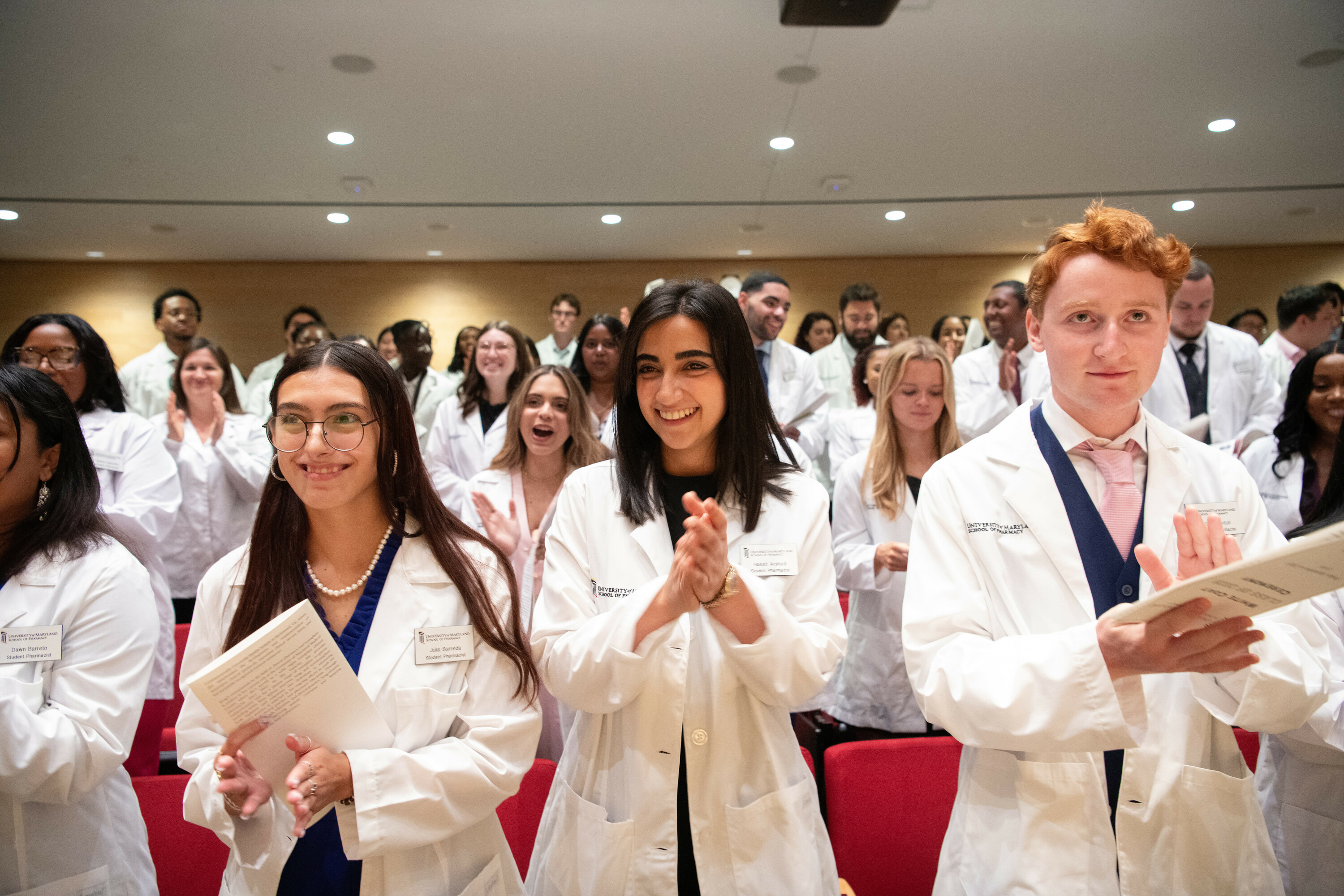
The Maryland Poison Center, run by the University of Maryland School of Pharmacy, answers 50,000 calls a year from residents panicked about a potential poisoning — a toxic exposure in the workplace, a bad drug interaction or overdose, a toddler who got into the cleaning supplies, a spider bite. Seven in 10 cases are resolved on the phone, without a trip to the ER.
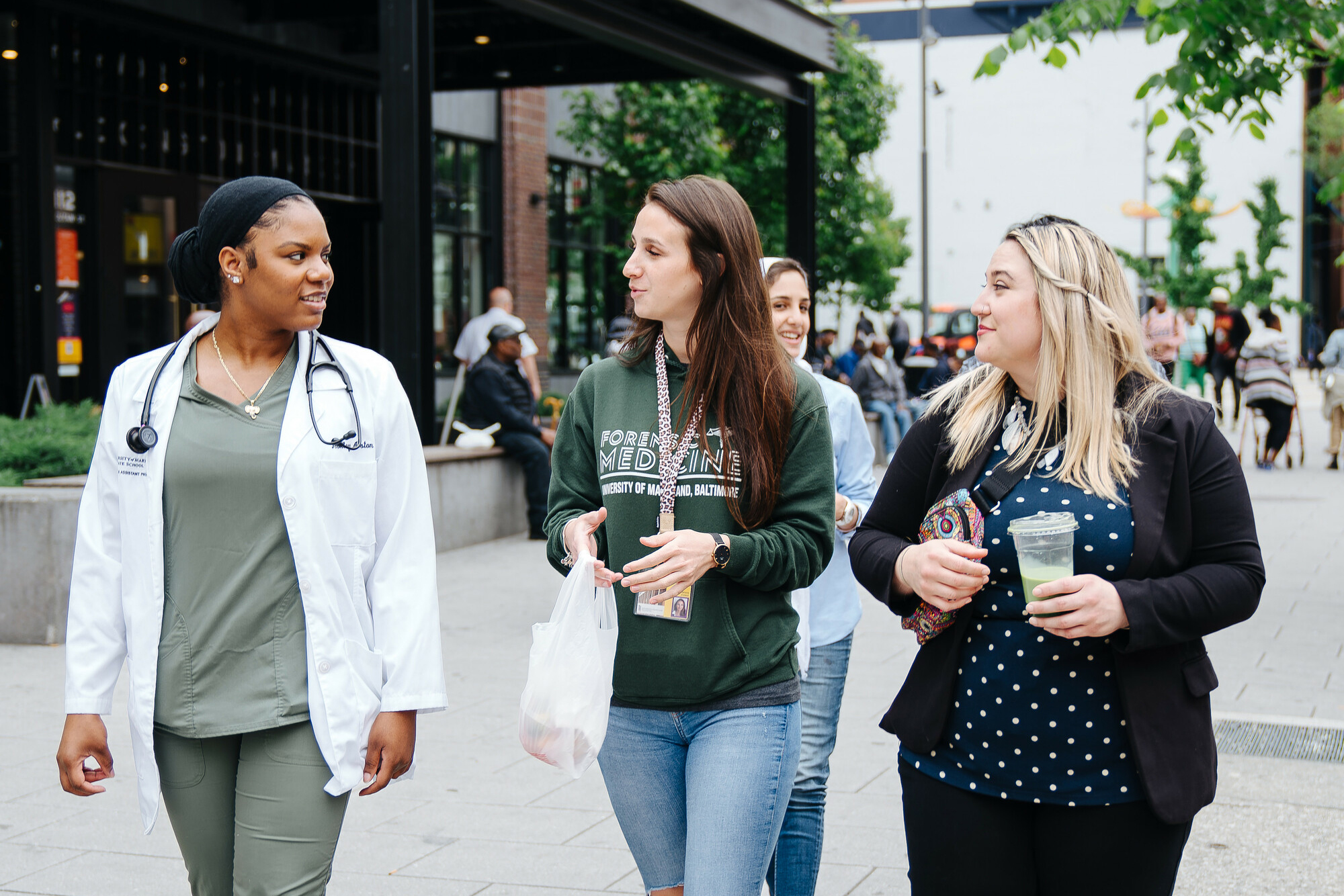
The University of Maryland School of Graduate Studies advances health and health equity through innovation in teaching and a commitment to the community. Its programs prepare scientists and health professionals who are not only capable but also deeply compassionate. The school is pioneering scholarship in areas like research ethics, global health, and palliative care. Its thanatology program studies the needs of terminally ill patients and their loved ones, helping them cope through death, dying, and bereavement.



